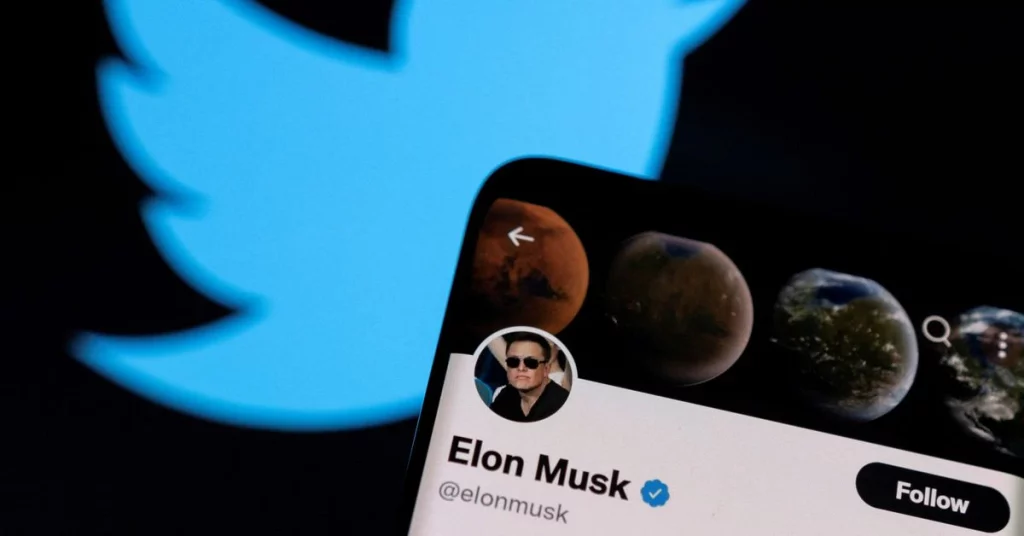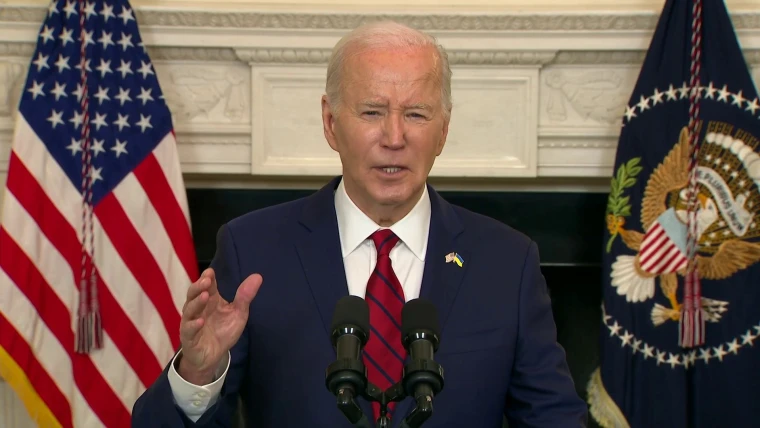According to a Financial Times report citing three unnamed sources familiar with the situation, Elon Musk may have to make the first interest payment on the debt he incurred to purchase Twitter as soon as this month.
Given Twitter’s massive debt, the world’s second-richest man may have to consider selling more Tesla stock or even filing for bankruptcy to repay the company’s creditors, as reported by the newspaper.


For the October $44 billion purchase of Twitter, Musk borrowed $13 billion from financial institutions like Morgan Stanley and Bank of America.
Twitter, rather than Musk personally, is responsible for repaying the debt, which costs the company about $1.5 billion annually in interest, as reported by the Financial Times.
Fail to make that payment, and Twitter’s management may have to file for bankruptcy to begin the debt restructuring process.
Musk could avoid bankruptcy by liquidating more of his Tesla shares (he has already sold nearly $40 billion worth of shares to fund the takeover deal) or by using Twitter’s meager reserves.
In 2021, Twitter’s final year of full disclosure, the company posted a loss of $221 million. Since purchasing the company, Musk has acted hastily to reduce expenses and increase revenue by laying off roughly half the workforce and introducing a new subscription service called Twitter Blue.
He has been vocal about his concern for Twitter’s financial situation and has even suggested that the company declare bankruptcy in order to renegotiate its debt.
In December, Musk said on a Twitter Spaces forum, “We have an emergency fire drill on our hands.” If you were a pilot, working for this company would be like crashing at high speed because the engines are on fire and you can’t control the descent.
He continued, “That’s the reason for my actions that may seem sometimes spurious.”
It is extremely unusual for a company to default on its debt for the first time, with Hertz being one of the most recent high-profile defaulters after it failed to make lease payments on its fleet in April 2020 due to the devastating effects of the COVID-19 pandemic on its profits.




